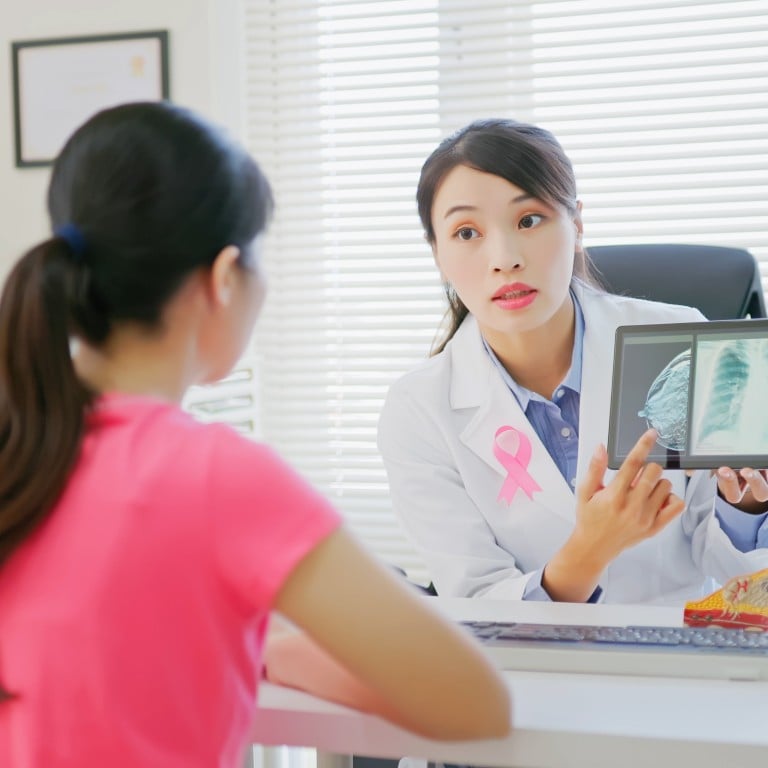
How to prevent breast cancer according to experts – lifestyle changes, regular screening and body awareness, plus a survivor on how she tapped her own healing power
- During Breast Cancer Awareness month, two specialists describe the best ways to prevent this disease and the importance of early detection
- Hong Kong breast cancer survivor Niru Vishwanath talks about how she helped heal herself and the lessons she’s learned – including how to deal with lymphoedema
Months ago, during a routine mammogram, a mass was detected in my breast.
The word “mass” made me recoil. I hastily resorted to Dr Google to try to decode the mammogram results, which come as gradations of a classification system known as “Birads” – Breast Imaging Reporting and Data System – designed by the American College of Radiologists.
The system’s scale ranges from 0-6, starting with Birads 0 (an incomplete examination that requires further tests), through to 3 (likely benign, but follow-up imaging may be required), to a 4 (suspicious) and finally a 6 – usually given when cancer is already proven by biopsy.
Dr Yau Chun-chung, a specialist in clinical oncology and vice-chairman of the Hong Kong Breast Cancer Foundation (HKBCF), warns that a mammogram is only part of a complete clinical assessment for suspected breast mass.
A complete breast screening should start with an inquiry of related history, including symptoms, changes of skin and breast contour, changes in the nipple, and also any discharge from the nipple.
That should be followed by a careful examination of the breast, Yau says.
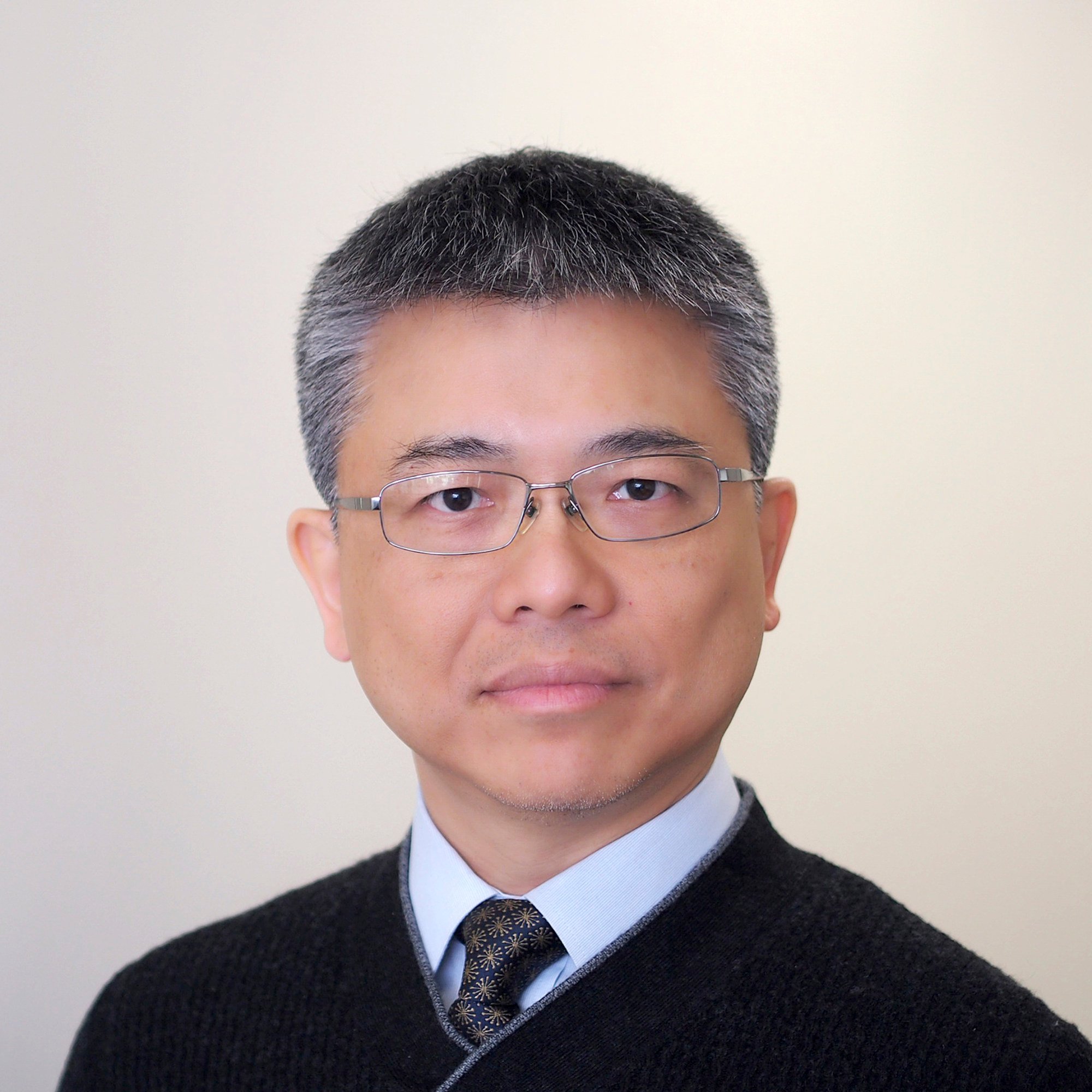
My follow-up indicated fibrocystic breast changes. Dr Polly Cheung, founder of the Hong Kong Breast Cancer Foundation, says this is a benign condition in which the breasts are sensitive to the influence of oestrogen.
This results in the thickening of breast ducts, cyst formation, breast pain and benign nodule formation – not related to cancer formation, she says, adding that symptoms usually go away after menopause.
Cysts can come and go and many times can be aggravated by stress and caffeine (in coffee, tea, chocolate and cola, for example).
Relief flooded me, especially as I knew that breast cancer is the most commonly diagnosed cancer type, accounting for 1 in 8 cancer diagnoses worldwide. In Hong Kong, Cheung says, it has been the number-one cancer affecting women since 1994.
“Age-adjusted breast cancer incidence in Hong Kong is 65.5 per 100,000 women, the highest among Asian countries, and higher than the world average. The lifetime risk for women in Hong Kong is 1 in 14,” she says.
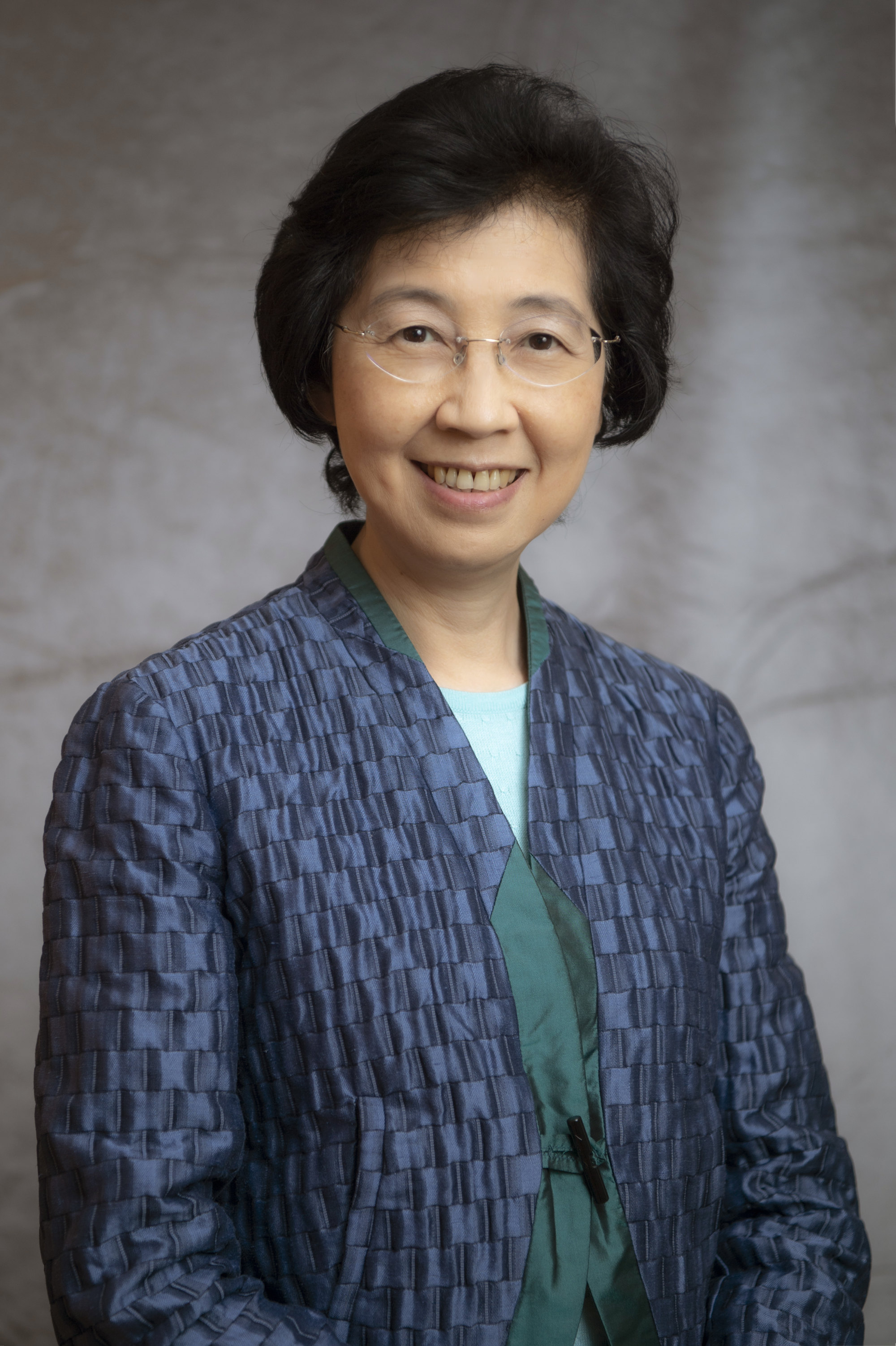
And it is rising, Yau says.
“Alarmingly, [incidence] has increased more than 40 per cent in the past 15 years. Luckily the deaths due to breast cancer have risen at a much slower rate,” he says.
This reflects a combination of improved treatment and early detection.
And it is why mammograms are so important, Cheung says. She refers to them as the gold-standard tool for breast screening, one that enables cancer to be detected before it forms a mass and before it can be felt.
Screening should begin at 40, which is when breast cancer incidence begins to rise, and then done every two years. Women with dense breasts (seen more often in menstruating women) should consider a 3D mammogram or supplementary ultrasounds to enhance accuracy in cancer detection.
As long as a breast cancer is picked up at an earlier stage, the chance of cure is great and you can also avoid … chemotherapy or extensive surgery
Women with a history of breast cancer or strong family history should consider a yearly mammogram, Cheung says. At home, all women ought to check their breasts monthly.
Early diagnosis is the best way to reduce mortality, Yau says. The odds of surviving more than 10 years for those diagnosed at stage 0 or stage 1 is 97 per cent and 94 per cent, respectively. This drops to 74 per cent at stage 3 and even lower for stage 4. This is why the HKBCF advocates early detection by universal screening.
“We are happy to see that the government has started the pilot of screening services for high-risk ladies,” Yau says. “We really hope the programme will be extended and enhanced in the future.”
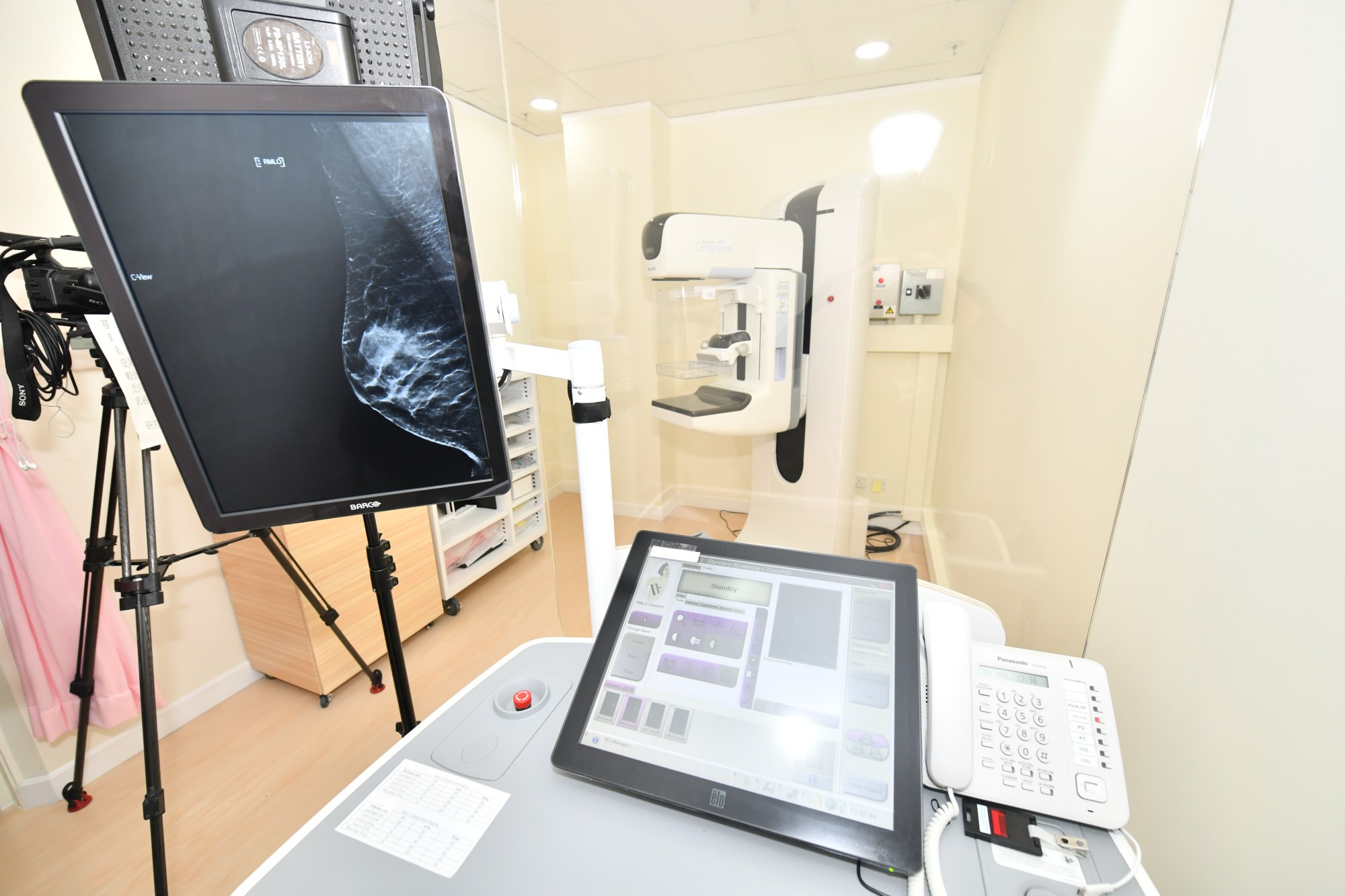
“As long as a breast cancer is picked up at an earlier stage, the chance of cure is great and you can also avoid … chemotherapy or extensive surgery.”
Breast cancer survivor shares her story
Niru Vishwanath, 53, a mother to 20-year-old twins, has lived in Hong Kong since 2008, her second stint in the city. She describes her experience with breast cancer.
I was 51 when I was diagnosed with breast cancer. I used to be fairly regular with mammograms and hadn’t realised I had missed one. I felt a lump and went for a mammogram. Surprisingly it turned out negative. I wasn’t convinced, so I had an ultrasound.
It was the last day of 2019 when my GP called me after receiving the ultrasound result and rushed me to see a breast surgeon for a biopsy. It was the last appointment for the day and she managed to squeeze me in.
I went through six rounds of chemotherapy plus target therapy followed by a left breast mastectomy. Some affected lymph nodes had to be removed, too. Finally, there were 25 rounds of radiation. The 18 rounds of target therapy continued for a year.
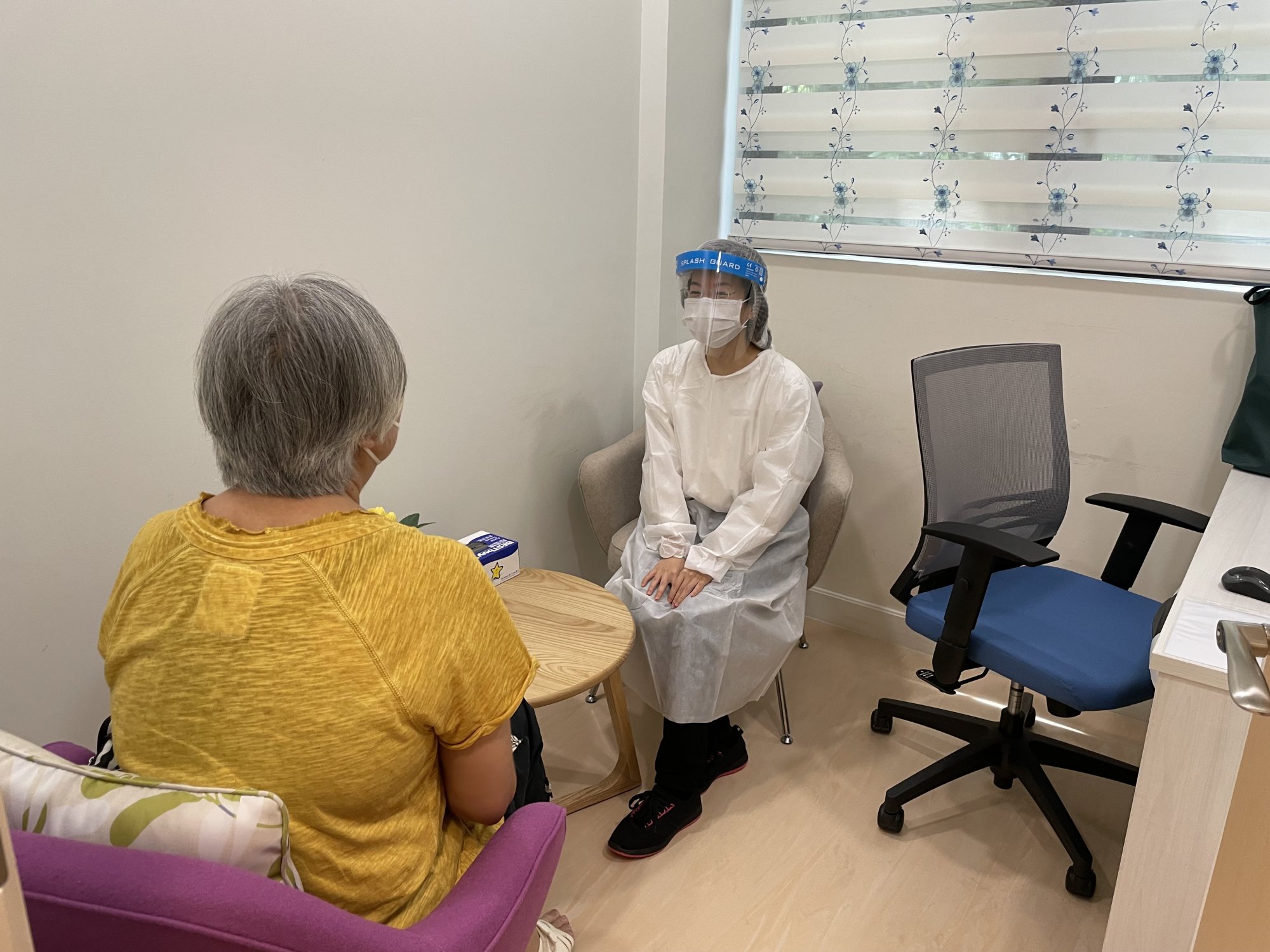
I coped by staying positive. I did not question “why me”, or say “I wish…” or “if only…”. I also took charge of my own healing thanks to the guidance of a psychic healer. He put me in touch with the power within me to heal myself.
I was already inclined to the idea that our body is completely capable of healing itself provided we give it the right environment, which is controlled by the mind. He brought that idea home to me.
I had to get rid of all guilt, regret and negative thoughts. Right from the beginning, we spoke about the “sickness I am cured of” as if it was a thing of the past.
As it was in those pre-Covid-vaccine times, I had to be careful about exposure, and my interactions with others were limited. Close family and friends supported me through maintaining a sense of normalcy. We did not focus on what I was going through. We had conversations about kids, movies, books.
My helper, especially, was a rock.
Cancer can be an isolating experience and one has to largely cope by digging deep and drawing on one’s own strength. Friends and family can reduce the isolation by keeping things as normal as possible.
I did not tell too many people because I did not want the negative energies of worry. It could be different for others. Some may choose to surround themselves with people and share their journeys with them.
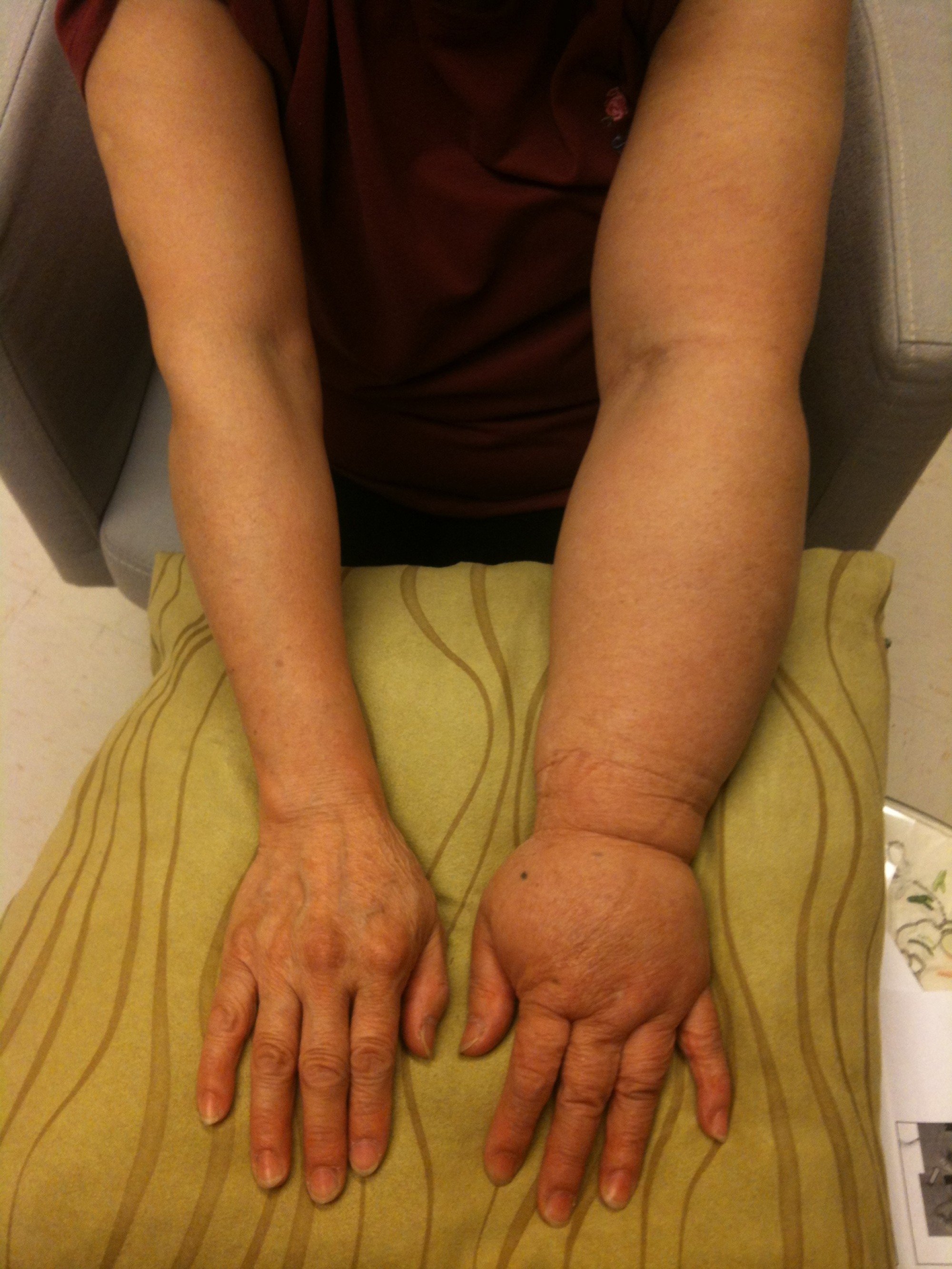
All those going through breast surgery should be automatically monitored and checked early on for cancer.
I am grateful for having found HKBCF, which is one of the few organisations that offer specialised lymphoedema services. Only after I came under the care of the trained nurses there was my lymphoedema brought under control.
I have been taught bandaging skills, manual lymphatic drainage massage and exercises that can help me. Together with HKBCF, I hope to shine more light on this condition and help patients get early diagnosis and help.
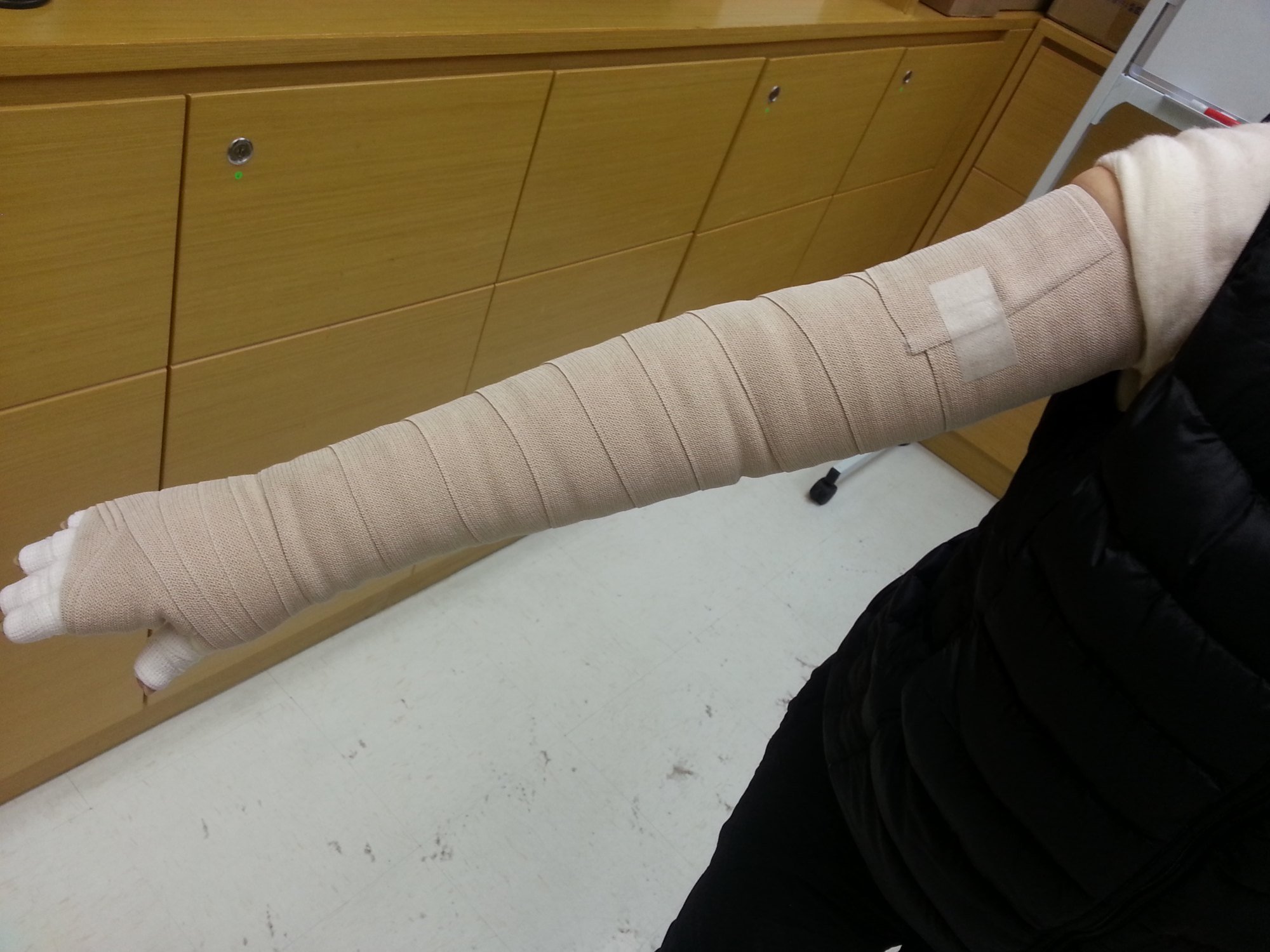
It has been two-and-a-half years since my diagnosis, the halfway mark to safety. Going through a life-threatening sickness does change you and I hope I don’t forget those learnings.

